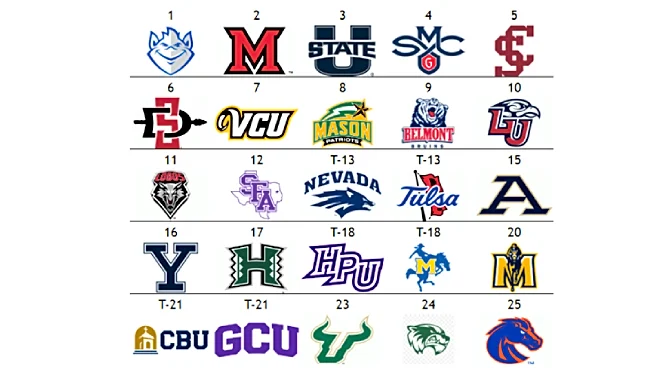Rapid Read • 7 min read
President Trump has announced a federal takeover of the Washington D.C. police force, deploying the National Guard to address rising crime rates in the city. This decision comes amidst concerns from local residents and elected officials who have limited power to oppose federal actions due to D.C.'s unique status. The Home Rule Act of 1973 allows D.C. residents to elect their own mayor and council members, but federal authority can still override local governance. The move represents a significant assertion of federal power in the capital, aiming to curb crime and restore order.
AD
The federal takeover of D.C.'s police force and deployment of the National Guard could have substantial implications for local governance and civil liberties. It highlights the tension between federal authority and local autonomy, especially in areas with unique legal statuses like Washington D.C. This action may set a precedent for federal intervention in local matters, potentially affecting how crime and public safety are managed in other U.S. cities. Stakeholders such as local government officials, civil rights groups, and residents may experience shifts in power dynamics and community relations.
Following the federal takeover, local leaders and residents may seek legal avenues to challenge the decision, potentially leading to court cases or legislative actions. The deployment of the National Guard is likely to prompt discussions on the balance between security and civil rights, with possible protests or public demonstrations. Monitoring crime rates and public response will be crucial in assessing the effectiveness and public acceptance of this federal intervention.
This development raises questions about the broader implications of federal control over local police forces, including ethical considerations regarding the use of military forces in civilian areas. It may also influence future policy discussions on the governance of Washington D.C. and similar jurisdictions, potentially reigniting debates on statehood and local autonomy.
AD
More Stories You Might Enjoy













